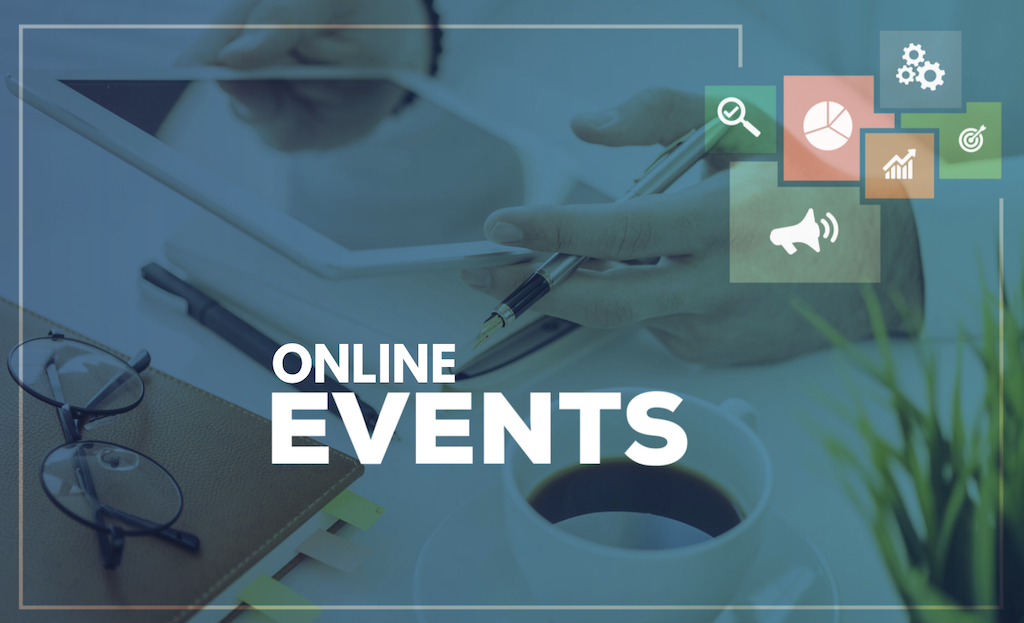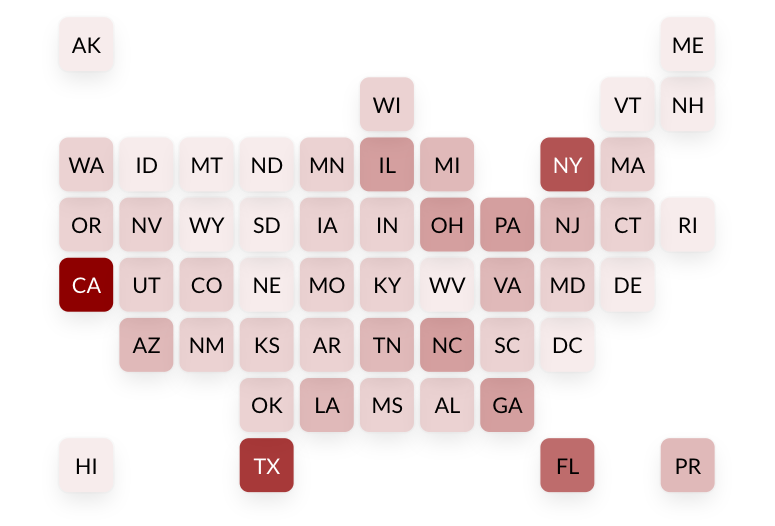For Jay Boisseau there had always been a gulf when it came to the value of presenting real world events versus online webinars when he wanted to gather leaders in the Texas tech community. As founder of the Austin Forum on Technology and Society, he saw the opportunity to educate while getting people in the same room to rub elbows and build in-person relationships as a mix that could never be replicated in the digital space.
Then the Covid-19 pandemic happened, and Boisseau had to start looking for ways to bridge the gap so that online monthly events could pack more of a punch. “In many ways our entire reason for existing was the opposite of online,” he said. “Now we’ve had to reinvent ourselves quickly and go only online. With three events we have managed to draw 150-plus people, even if they’ve been on Zoom sessions all day long during their work hours.”
The Austin Forum’s recent online sessions have tackled issues such as technology’s role in fighting Covid-19 and other epidemics, and how physical and mental health can be aided by technological innovations. By following the quickly evolving base of best practices around how to organize effective online events, Boisseau has come around on the potential of Zoom or Cisco Webex gatherings to deliver value and a sense of community to attendees.
He said using breakout room functionality has been a huge step in encouraging discussion and connections, as has featuring live music during a pre-meeting “waiting room” warm up period, and having attendees answer one simple question quickly at the beginning of a session to break the ice and promote discussion. For the group’s June 2 event on the future of gaming as a social and sports option, participants will break into mini gaming competitions to demonstrate the power videogames can have to bring strangers together.
“It’ll really help a lot of people understand that it’s not just about a solo gaming experience on your smartphone… sometimes it’s about a collaborative exercise with your friends. Sometimes it’s peaceful and collaborative like Minecraft. Sometimes it’s competitive and violent like Call of Duty. There’s something for everybody in that space,” he said. “One of the things we do translates really well to online as long as you get people’s attention early and make it so people want to stay with you. Since we’re about trying to build relationships and that is more difficult to do online, that is why the in-person won’t go away. We’re going to do both and we’ll spend more with a Zoom license and be able to reach far more people to educate while also providing the better opportunities to meet and collaborate.”
Start With Killer Content
Jessica Sager, managing director for Austin Forum, said the group hasn’t looked to analytics data yet to measure engagement and other activity during their monthly online events, but will likely use surveys to measure satisfaction as it moves ahead with digital meetings scheduled at least through August.
Sager said there is a clear tradeoff with the lack of in-person networking equalized in some ways by the fact that attendees from the across the country can log on, participate and share new ideas without having to commit the time and expense of travel. Others in the events space are dealing with the same dynamics, with online events having to substitute for trade shows and conventions as a key piece of companies’ marketing strategies.
Blake McGee, Vyopta’s Senior Demand Generation Manager, said there will be continued iterations and adjustment to the multi-person panel format that is proving to be the most effective way to keep an audience’s attention for up to an hour.“We’ve started to solve for that problem out of necessity,” he said when asked about the challenge of building connections with prospects in an online environment. “We can’t halt our marketing activities because no one can meet in person. We’re not fully there yet but the first thing we did was cancel everything and started moving toward virtual webinars. We had some recent ones with health care experts and one with higher education customers, where we picked three panelists who talked about the challenges they had, and we were able to drive a pretty big audience with that.”
McGee said compelling content is the foundation of any effective online event, with tools like surveys, breakout rooms and question-and-answer sessions can help to keep viewers’ attention and prevent them from closing their windows prematurely. “You can only hold attention for about an hour, and they drop off after 35 or 40 minutes if they aren’t getting a ton of value,” he said. “Where we see an opportunity is if we bring a group together and facilitate a discussion on the webinar and get multiple people talking back and forth. Panelist help with that engagement and keeping people captivated on issues they care about.”
As part of our response to the COVID-19 pandemic, Vyopta is currently offering a free trial to help IT teams support massive expansion in remote work.
Chad Swiatecki is a business writer and journalist whose work has appeared in Rolling Stone, Billboard, New York Daily News, Austin Business Journal, Austin American-Statesman and many other print and online publications. He lives in Austin, Texas and is a graduate of Michigan State University. Find him online on LinkedIn.








